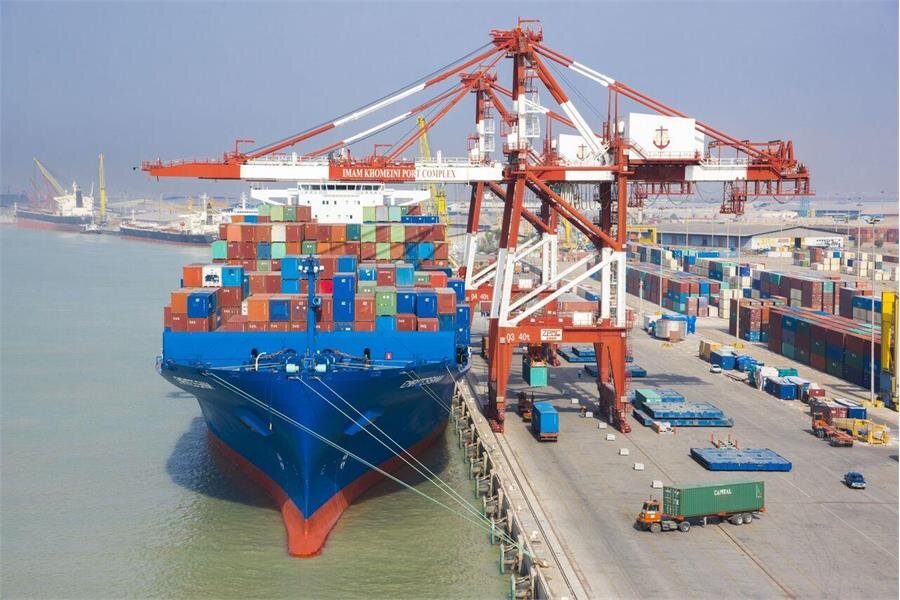Qatar’s Ambitious National Vision 2030 sets a transformational blueprint for the future of the country. It aims to move the country from a hydrocarbon-dependent economy to a diverse, knowledge-based society. In this strategic transformation, free trade zones (FTZs) such as Ras Bufontas and Umm Alhoul are more than just logistics hubs. They are policy instruments designed to catalyze innovation, attract foreign investment, and embed Qatar in the global supply chain.
The strategic location of the Qatar FTZ near Hamad International Airport and Hamad Port allows for seamless multimodal connections. This is a key asset for businesses involved in time-sensitive industries such as biotechnology, aerospace, logistics, and advanced manufacturing. These zones are supported by the Qatar Free Zones Agency (QFZA). It offers a competitive regulatory framework, 100% foreign ownership, long-term tax exemptions and combined business support, making it an attractive destination in areas of intense economic competition.
Qatar’s FTZ will play an important role in supporting economic diversification, one of the four pillars of Vision 2030. By targeting high-tech and clean industries, they align with the sustainability goals of our vision and offer opportunities for green investment and environmentally responsible development. The presence of major multinational corporations in these zones reflects the growing global confidence in Qatar’s economic trajectory and political stability.
However, there are still challenges. These include global economic volatility, geopolitical uncertainty, and the need to coincide with high-tech industries where local workforce development is being promoted. There is also an ongoing need to enhance legal transparency, digital infrastructure, and cross-border data flows to stay competitive with global peers.
To maximize the impact of FTZ in achieving the Vision 2030 objectives, Qatar needs to invest in smart zone infrastructure, promote stronger academia and industry connections, and build regional partnerships that serve as corridors of trade and innovation in Asia, Africa and Europe.
In conclusion, Qatar’s freedom zone is not merely a trade facilitator, but an architect of transformation, actively shaping the country’s economic future in line with its long-term vision. If properly supported and continually modernised, they will continue to be essential platforms for Qatar to make the leap into a diverse and resilient future economy.
By: Kamal Ebrahimi Kavari, Ph. D., University Assistant Professor, distinguishes between experts in the free trade zone.
MNA/

